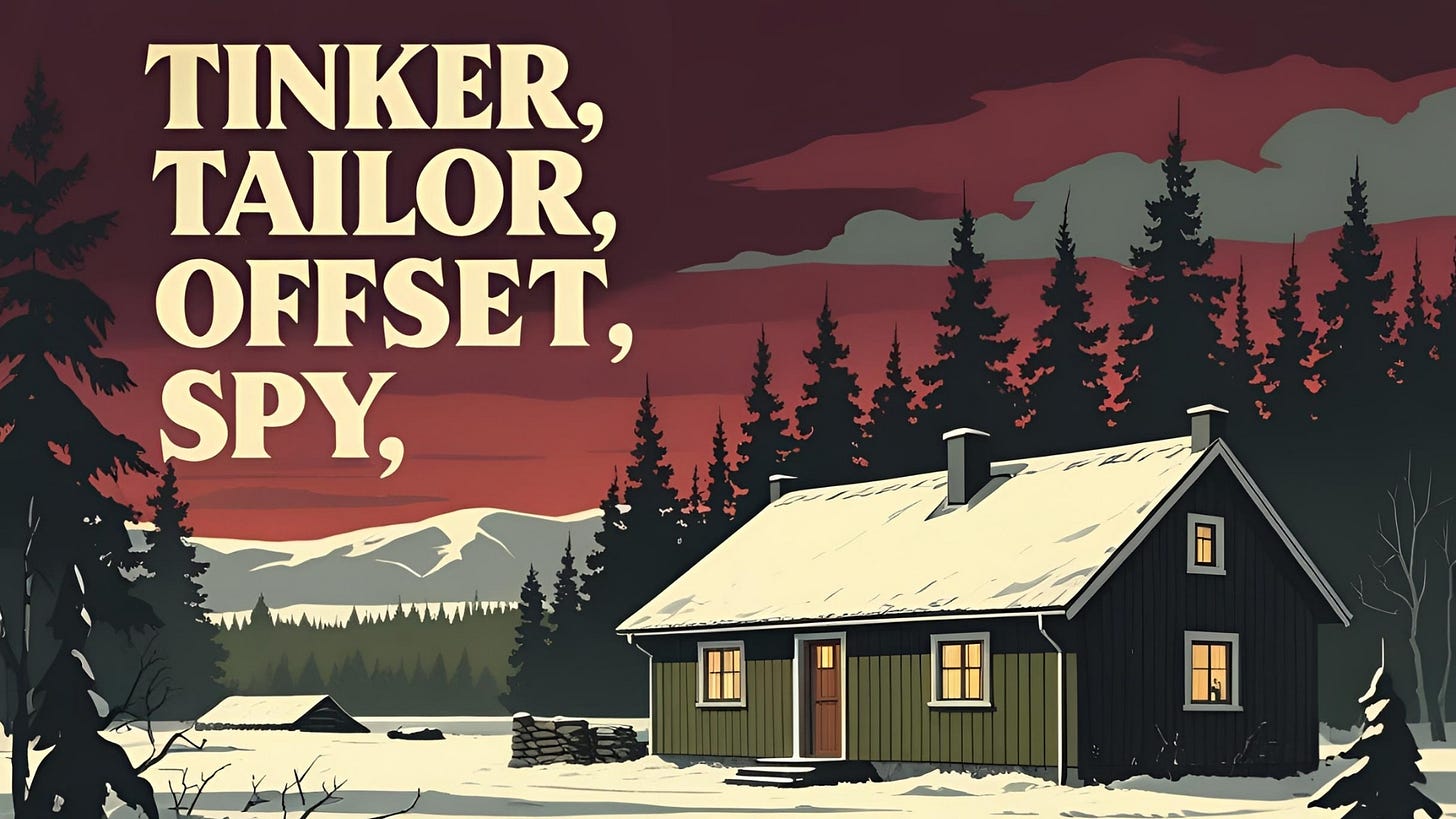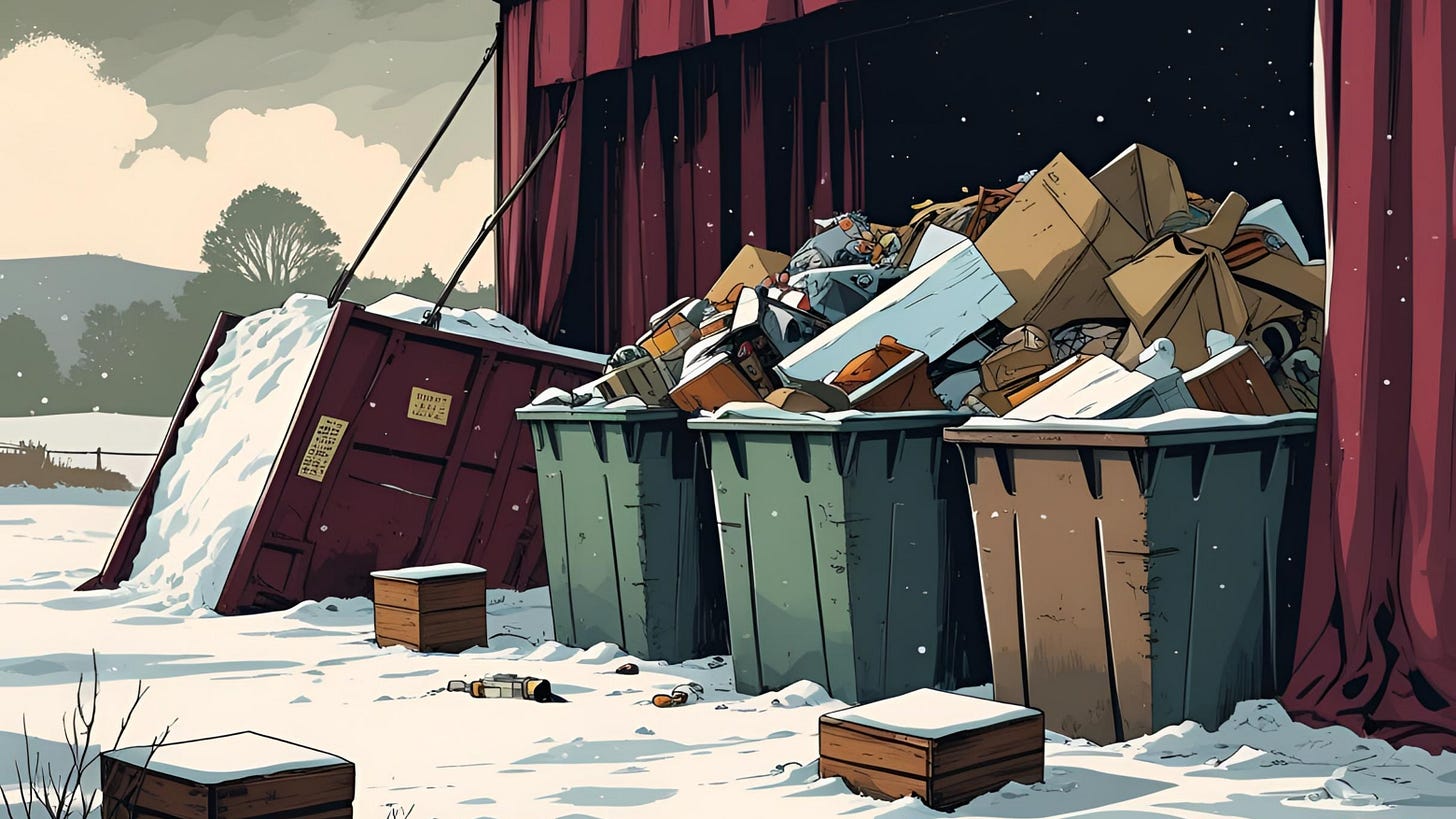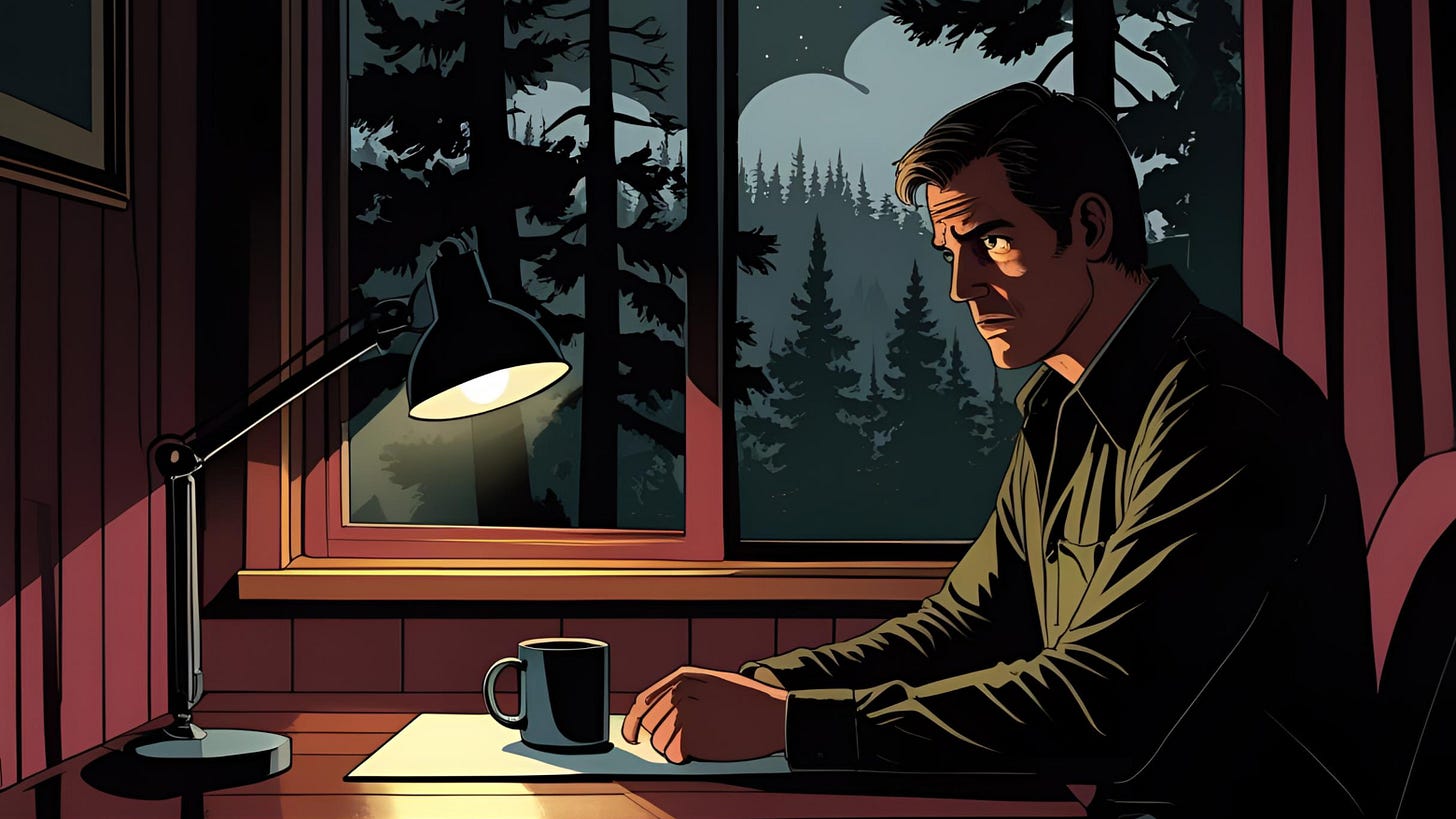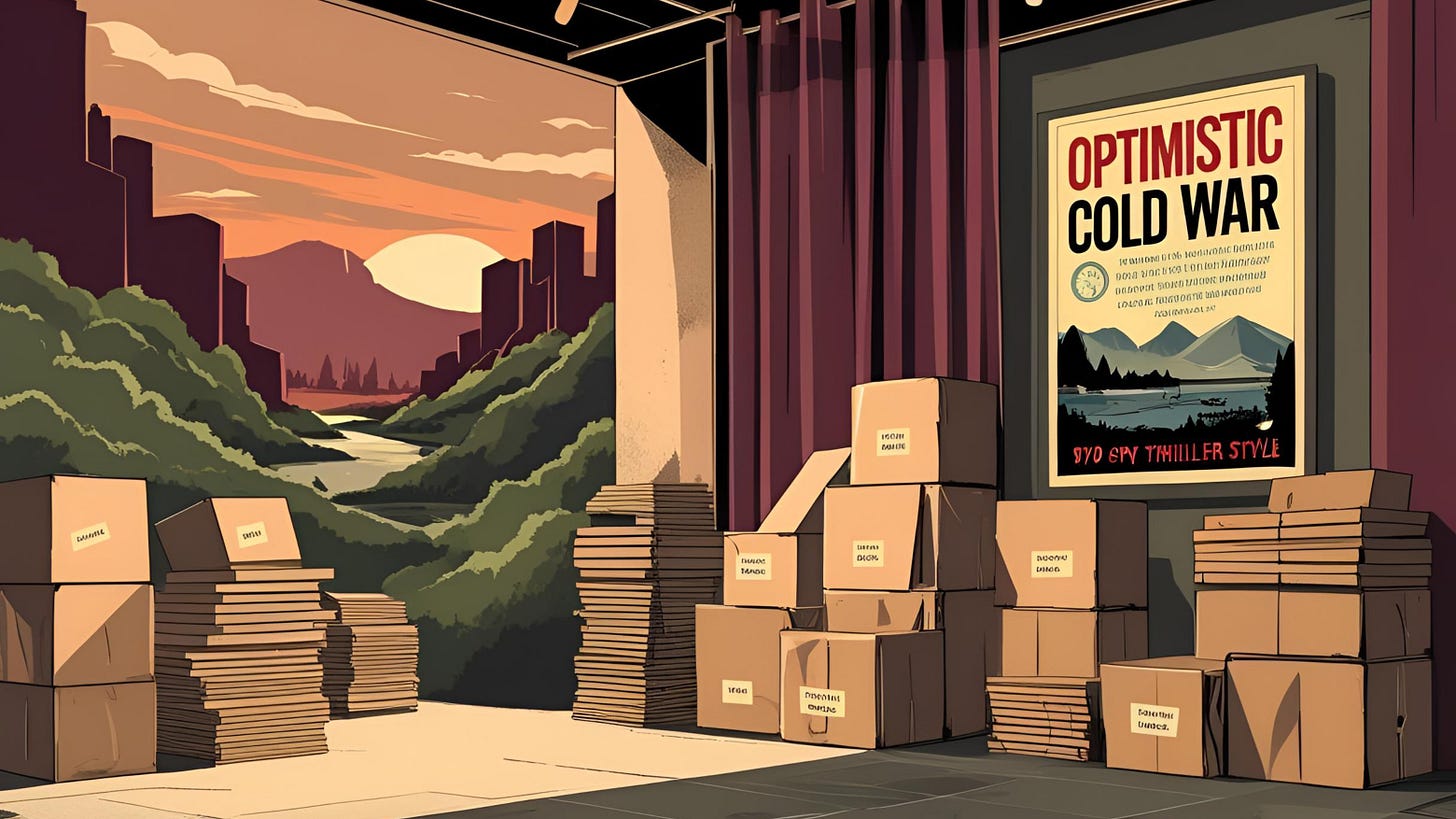He was only trying to get paid.
One invoice. One client. One routine call to the bank.
But somewhere between the hold music and the polite voice on the other end, something shifted.
"Please hold — we’re transferring you to our Serious Fraud Unit."
He blinked. Sipped his coffee. Replayed the sentence in his head. Then thought, Surely not.
They asked him some questions. Name. Purpose of payment. The usual.
And then:
"Can you explain what SHFT is?"
A pause. A beat too long.
"It’s... a brand. A project. Sustainability for the cultural sector in Norway."
Another pause.
"Unfortunately, we can’t release the funds. This has been flagged by the Ministry of Defence. You should expect a call shortly."
Click.
He sat in silence. Wondered if it was a scam. Except he had called them.
Then the phone rang.
Unknown number.
He picked up.
"This is GCHQ, calling on behalf of Her Majesty’s Ministry of Defence."
And just like that, he was a person of interest.
In another life, I branded snacks for a living. Cashews, mostly. Before that, banking. Retail. Music. Formula 1. Culture. I never once thought I’d accidentally trigger a national security alert while trying to launch a behaviour change project.
But SHFT — short, sharp, behavioural, full of purpose — also happened to be the acronym for an Iranian university involved in ballistic and nuclear missile development.
I was still on the phone with GCHQ when I started Googling it — one hand on the mouse, one ear tuned to national intelligence. Third link down: a Ministry of Defence PDF. I downloaded it, opened it in Acrobat, searched for SHFT.
Boom.
"SHFT: an Iranian technological university engaged in military, ballistic and nuclear missile-related programmes."
I read it aloud, mid-call. Explained the mistake. The project. The client's payment reference. The accidental overlap with nuclear infrastructure.
They were polite. But not amused.
I didn’t start SHIFTIT — the idea for an online sustainability marketplace wasn’t my idea — it came from my client, the brilliant folks at Syv Mil. I was hired to name it, brand it, and build the website. I certainly didn’t set out to become a terror threat.
My clients just wanted to tackle waste, not nuclear codes.
Theatre sets thrown into landfill. Exhibition builds trashed after three days. Cultural budgets blown on stuff no one could reuse. Landfill became a habit. A shrug. A receipt. No one challenged it.
So SHIFTIT was built to help the arts and culture sector do better.
To reduce. To re-use. To rethink. To shift it — literally.
No guilt. No doom. No eco-theatre. Just small, smart changes. Repeated, not resented.
And a name that, crucially, wouldn’t get me blacklisted by His Majesty’s Ministry of Defence.
I’ve told this story so many times now it feels like a script. But when it first happened, I didn’t sleep for two nights. I cleared my browser history. Twice.
The irony is: it worked. The name didn’t. But the story did. It cut through.
People remember it. They laugh. They lean in. And then they ask about the real mission.
So here it is: SHIFTIT is about helping the cultural sector stop sending everything to landfill. It’s about planning second lives for the things we make. It’s about shifting the story — from throwaway to circular. From perfect to progressive.
It’s not about offsetting. It’s about action.
And it’s very much still alive.
The classified carousel lives here:
If you work in the arts, care about impact, or just want to avoid MI5 ruining your invoice flow — let’s talk.
– Steve









